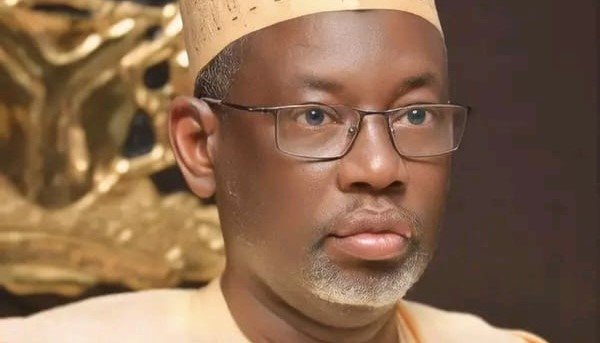IN today’s digital era, social media or “new media,” as it is often called has become an indispensable force shaping politics, governance, and public opinion across Nigeria. In Jigawa State, its influence is not just remarkable but transformative.
The level of engagement and awareness among Jigawa citizens on platforms like Facebook, X, and WhatsApp is astonishing. Ordinary citizens now participate in governance debates, discuss crucial state issues, and score the performance of their leaders in real time.
Indeed, Governor Malam Umar Namadi (FCA), popularly known as Dan Modi, must be aware that the people of Jigawa are watching him closely, analyzing every policy, and voicing their verdicts daily through these digital platforms.
This is a good sign for democracy, a reminder that government must remain transparent, accountable, and responsive. Social media is, in fact, an invaluable feedback channel, offering the government an opportunity to hear the unfiltered voices of the people.
As a media practitioner and former Special Adviser on Media to ex-Governor Sule Lamido (CON), I find this digital evolution encouraging. Nigeria’s Constitution guarantees freedom of expression, and in any thriving democracy, the media – traditional or new – is vital in informing, educating, mobilizing, entertaining, and reflecting public opinion.
A survey conducted in 2015 by electronic and print media outlets revealed that Jigawa was among the most active states on social media in Nigeria. Jigawa citizens were ranked among the most informed about government activities.
This awareness encouraged former Governor Sule Lamido to engage robustly with the media, earning him a reputation as one of the most media-friendly and participatory leaders in Nigeria’s political history.
However, recent developments are concerning. The online space, particularly Facebook, which used to be a platform for constructive dialogue, has increasingly become a breeding ground for hostility, insults, propaganda, and character assassination.
Many young people now engage in online abuse, mockery, baseless allegations, and blackmail, often fueled by political rivalry. This toxic trend is gradually eroding the state’s long-standing culture of peace, harmony, and mutual respect.
Where are our moral compasses? What happened to our cultural heritage, religious teachings, social values, and sense of community? If this digital chaos continues unchecked, Jigawa risks losing its reputation for political stability and harmonious coexistence.
It is in this light that I call on Governor Namadi to act decisively. As the leader of Jigawa and the political head of the ruling APC in the state, he should urge the State House of Assembly to enact legislation that discourages hate speech, cyber-bullying, and the uncultured use of social media.
Beyond laws, the government should engage traditional rulers, religious leaders, and community associations to counsel the youth, foster responsible online behavior, and promote peaceful dialogue.
Collaboration with law enforcement agencies is also necessary to check excesses and bring offenders to book where appropriate.
Most importantly, I appeal to the youth of Jigawa: resist being used as political tools. Do not allow yourself to be pawns in the hands of desperate politicians.
Remember, you are the future leaders of this state and this country. Use social media responsibly not as a weapon of division but as a tool for progress and development.
Say No to insults.
Say No to abuses.
Say No to fake news and blackmail.
Say No to political thuggery and drug abuse.
Say Yes to peace.
Say Yes to tolerance.
Say Yes to constructive criticism and dialogue.
Let us not forget the timeless words of Prophet Muhammad (PBUH): “Oh Allah bless your servant who speaks and his word benefits him, or keeps silence and his silence saves him from danger and going astray.” (Silsalatul Sahiha 855)
And as Chinua Achebe once wisely observed, “A man who makes trouble for others is also making trouble for himself.”
We must also remember that there are four things we can never recover in life: the word after it is spoken, the moment after it is missed, the time after it is gone, and the opportunity after it is lost.
With a proposed bill seeking to impose the death penalty on hate speech offenders still generating debate nationally, this is the time for restraint. Words have power, they can build or destroy, unite or divide, inspire or incite. Let us use our words and our digital spaces to build a peaceful, progressive, and united Jigawa.
- Usman writes from Kafin-Hausa, Jigawa State.







